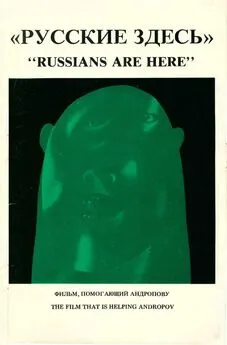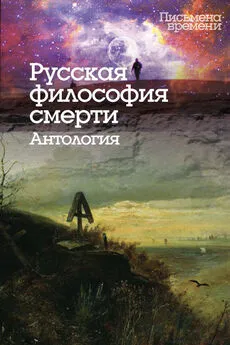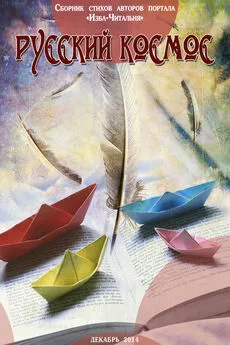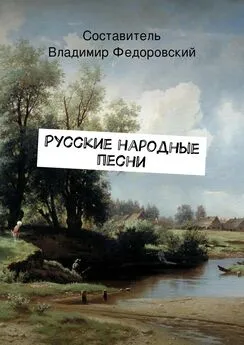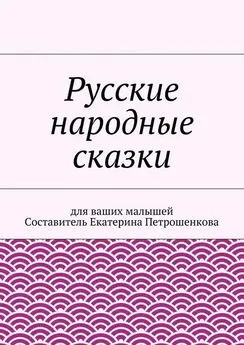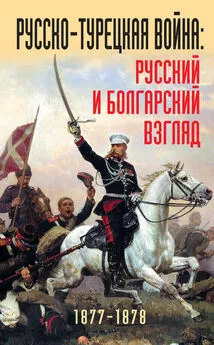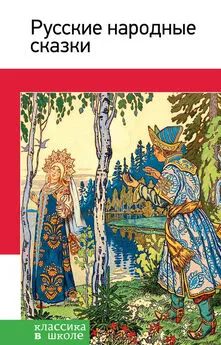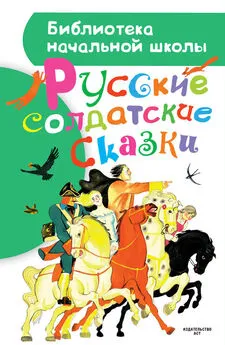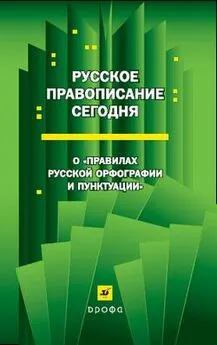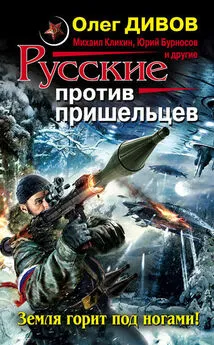Коллектив авторов - Русские здесь: Фильм, помогающий Андропову
- Название:Русские здесь: Фильм, помогающий Андропову
- Автор:
- Жанр:
- Издательство:Третья волна
- Год:1983
- Город:Париж—Нью-Йорк
- ISBN:нет данных
- Рейтинг:
- Избранное:Добавить в избранное
-
Отзывы:
-
Ваша оценка:
Коллектив авторов - Русские здесь: Фильм, помогающий Андропову краткое содержание
Мы призываем всех эмигрантов поддержать Антидиффамационную лигу, созданную по инициативе Владимира Буковского. Всю информацию об этой Лиге вы найдете на последней странице обложки.
Русские здесь: Фильм, помогающий Андропову - читать онлайн бесплатно полную версию (весь текст целиком)
Интервал:
Закладка:
Я не думаю, что авторы фильма ’’Русские здесь” были достаточно образованы, чтобы знать исторические параллели. Но, очевидно, что таких журналистов, свободных от совести, нельзя допускать к свободе информации.
Теперь — эпилог.
Кому такой фильм выгоден?
Забудем о КГБ на минуточку.
Если бы в фильме была чистая истина, то безусловно, Америке нужно и выгодно знать правду о мерзком лице вновь приехавших из СССР эмигрантов. Но — если в фильме только ложь? Тогда — зачем и с какой целью телевидение пошло на провокацию? Против ста тысяч американцев, против принципов демократии, против свободы и правды? Против честных людей? Против тех, кто сейчас еще в СССР и только мечтает об эмиграции?
Какими глазами американкие телезрители будут после фильма смотреть на демонстрации в защиту Щаранского? Неужели: ”Ага, хотят еще одного притащить сюда нахлебника и критика?” А манифестации и акции русских эмигрантов против тоталитаризма станут квалифицироваться как: ’’русские” здесь не работают, а в рабочее время мешают уличному движению”. Такой результат неизбежен, если великое событие обсуждается и низводится на уровень ’’мнения улицы”.
И последнее. Если у беглецов от коммунизма ’’неправильные понятия о свободе и правде”, то у кого правильные? У коммунистов с двумя телевизионными журналистами?
Уверен, что такая ’’свобода мыслей”, ’’свобода бесчеловечности” не выгодны Америке. Не выгодно Америке отказываться от ста тысяч русских эмигрантов и следующих. Работающих и не рабски мыслящих.
Кому же выгодно показать ’’русских здесь” в ложном свете?
Только тем, для кого понятия ’’свобода” и ’’правда” не значат то же самое, что для нас, для всех американцев. Выгодно это только для врагов Америки.
В. Тетерятников
("Новое Русское Слово ”)
2 июля 1983
AN OPEN LETTER TO THE PROGRAM DIRECTOR OF CHANNEL 13, WNET NY
Dear Ms. Konner:
The film “The Russians Are Here”, aired twice on Channel 13, disturbed many Russian emigres, and also many Americans who are thoroughly familiar with the third wave of emigration from the USSR. This film suggests that almost all Russian emigres are either kooks, or citizens who have been so drugged by Soviet education that they are incapable of evaluating the merits of freedom and democracy.
Of course, you can say: “But what can we do if the Russian poet Lev Khalif says that in the USSR he felt like an individual, because they watched him, that is, at least the police organs paid attention to him, but that here no one needs him or his books, and he does not feel like an individual?”.
Of course you can say that it is not an American, but the Russian writer Sergey Dovlatov who testifies that here it is difficult to be a journalist because one has to think, to search, to ponder over what to write and how to write it, while in the USSR everything is already formulated, everything one has to write is directed from above. Or, of course, you can note ironically that it is our own Russian poet, Konstantin Kuzminsky, who is sprawled half-drunk on a couch in embrace with a sober dog and a drunken friend, haughtily spouting nonsense, and not an American connoisseur of marijuana. You could, of course, go on and say that these are Russian Journalists — Vail and Genis — who are affirming that there is not political activism in Russia, and that only a vodka unities friends, forgetting about those things which all thinking American know, that is, the human rights movement, the struggle of the faithful for the right to belieive in God, and the nationalist movements in the Baltic States, Russia, the Ukraine, Georgia, and Armenia.
And you would be right. But why did the creators of “The Russians Are Here” invite only Russian writers, journalists, and poets of the same ilk to participate: either the unsuccesful who are on welfare while deriding American democracy, or the envious and malicious, for whom public spectacle has become a second profession, or the habitual cynics?
I am not saying that such people ought not to participate in the film. But why not, for the sake of objectivity, show all strata of the Russian emigration and not just, I repeat, the spiteful failures? There are Russian emigres living and working in New York, journalists, writers, poets, philosophers, ballet performers, and artists, for whom the words “honor” and “conscience” have not become hollow sounds, as they have for the majority of the representatives of the artistic intelligensia who appeared in the film, “The Russians Are Here”. To some writers, poets, and artists, just as to some engineers, the first days of emigration are difficult: they work, some in bookstores, some as security guards, some as taxidrivers, and pursue their own callings in their spare time.
Just like the unofficial artists and writers in the USSR, they operate elevatores and work as mailmen; they find in themselves the strength for their creativity. There are many such people in the present emigration to the USA. Why were not notable Russian artists, poets, ballet performers, writters, chess players, and former Soviet engineers who have found themselves, who have achieved praise and recognition in the USA, not invited along with Dovlatov, Khalif, and Kuzminsky? Who found it necessary to make an offensive film about Russian emigres in general and about its artistic community in particular? Who found it necessary to repeat, for millions of Americans viewers, what the Soviet papers now write, today: emigrants in the capitalistic West go wanting? This is a lie! It is not for nothing, to be sure, that at the end of the film the host closes with the comment that if these people do not need freedom and democracy, then why did they come to America?
Ms. Ronner! I have many friends among the Russian emigrants-artists, writers, journalists, and engineers. For many of them it is not easy, but this is natural — emigration is not an easy thing, but freedom and democracy are necessary to all of them, and they say this forthrightly and unambiguously in their public appearances and intreviews, and in private. But, alas, the creators of “Russians Are Here” for some reason invited only those for whom democracy and freedom are hardships. And because of three or four similar people a distorted impression has been created about the entire present-day emigration from the USSR and about the Russian people in general.
Respectfully yours, Alexander Glezer, General Director CASE Museum of Russian Contemporary Art in Exile and Chief Editor of the Publishing House “Third Wave”
(New York Tribune) July 2, 1983
PBS -TV drops racist bomb on emigres
On June 13 and for the first time in New York, the Public Broadcasting Service showed, on “Frontline” with Jessica Savitch, an alleged “documentary” breezily entitled “The Russians Are Here.” The title, a stale joke repeated before in a similar context, indicates that the film is about recent arrivals from Russia in the United States.
Most of these 100,000 “Russians” are Jews, and those who are not are usually heroic fighters against the Soviet regime. Tb associate them with the “Russians” in the sense of Soviet invaders is not only a stale joke, but a bad one.
But is the title of the PBS “documentary” just a joke? Not at all.
The ‘enemy’
“We think of them as an enemy,” Jessica Savitch begins her narration. And flashed on the screen are the “Russians” — in the totalitarian regime of Russia. The recurrent theme is that the “Russians” who are “here” — that is, Jews who fled from anti-Semitic tyranny or heroic fighters against it — are mentally and psychologically the same as the Soviet KGB and the military.
Scenes of the goose-stepping Soviet military are flashed on the screen — and the narrator says about the “Russians” who are “here” that they are “children of another [that is, the goose-stepping Soviet KGB-military] system ... which made them what they are.”
Naturally, the “children” of this “system” are not fit for the West and turn into drunks, public charges, derelicts and embittered cranks.
This does not mean that the producer of the “documentary” regards the Soviet regime as evil.
Quite the contrary, its many advantages — like “free medicine”—are extolled even in the narrator’s text.
Thue, at the beginning, the narrator says: “We know very little about them [the Russians in the regime and outside].” So one may ask. “Ladies and gentlemen of PBS, if you know very little about them, how the hell do you presume to know about their free medicine in Russia?”But such questions are impertinent. Those in charge “know very little” about the “Russians” and yet know everything. Here, then, is the omniscient message of the "documentary" ;
Both the American and Soviet “system” have their good and evil aspects. “Children" of the Soviet “system” value its good aspects and are used to the evil ones, while in the West they feel lost and miserable because they resent the evil aspects of America and fail to understand its good ones, such as freedom. So the emigration of “Russians" from their “system” was'a mistake, as is any attempt to deprive them of their “system” or try to change it.
From the message of the film, it follows, incidentally, that America shouldn't worry about Soviet global expansionism. The “Russians” have created their Russian “system” in which they are happy, but this “system” cannot be imposed on the Americans, for the “Russians” are, mentally and psychologically, an entirely different race. Thus, the Bantu tribe cannot impose its tribal system on England.
As soon as the showing of the “documentary” was over, I received telephone calls from several involuntary “stars” of the “documentary,” as well as from other victims of its racist hatred, such as Vladimir Bukovsky who had seen the program in California. The “stars” believed they had been taken advantage of. The indignation raged from coast to coast. The consensus was that the “documentary” was a crude racist concoction.
“If such a vicious slander were released about American blacks or those American Jews who came here from Russia before 1917, it would be branded, sued and removed as racist and anti-Semitic,” one of the callers, a Russian emigre artist, said. “But we are a tiny minority. So we can be stereotyped, caricatured and slandered with impunity as much as the Nazis stereotyped, caricatured and slandered Jews — or more, if some PBS hack wishes so. We are like blacks in America a half a century ago.”
Читать дальшеИнтервал:
Закладка:
